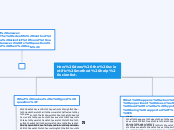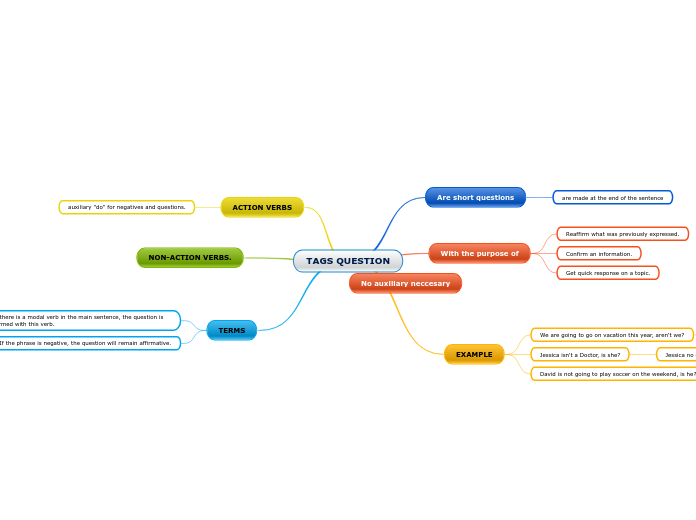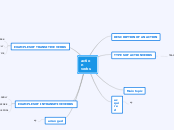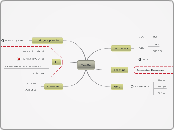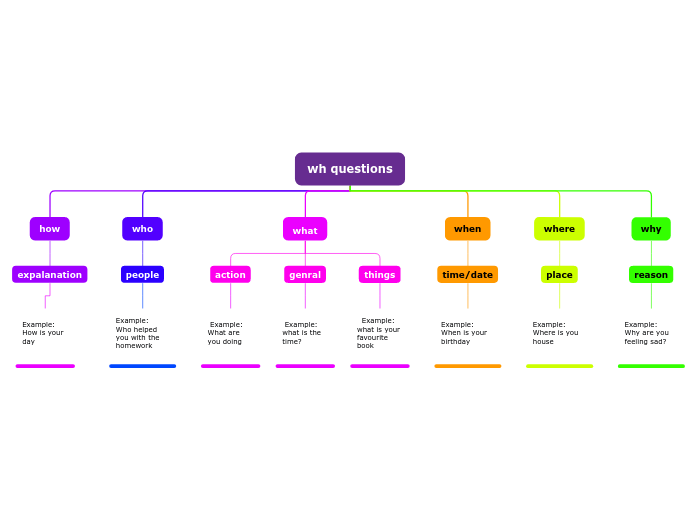initial answer- The scientific method helps scientist found out answers to questions and their tests,
Final answer- Scientist use the scientific method because it is efficient, accurate, and is easy to use. It is also used by many other scientist. The scientific method is used to help scientist do test and find answers.
How does the scientific method help scientist.
Why is it important to know the metric system?
Connections- One time I used the metric system because my friend was from norway and he did not understand the standard system
Using the metric system is why more simpler because it all goes up by tens, hundreds, thousands, etc. .
The metric system is also used all around the world and if you were to communicate with other scientist from other countries you would want to use the metric system because that is what they would use.
Claim- Using the metric is important to know because almost every country uses it. It is also way more simple and easier to use then the standard.
What happens when an experiment doesn’t lead to a hypothesis being supported?
h
Connections- One time I was doing a test in class and my hypothesis was wrong so I went back and found out why it was wrong.
If your hypothesis is wrong you can go back and find out why you might of been wrong.
The steps of the scientific method are Observation, question, hypothesis, experiment, analysis, and conclusion.
A good hypothesis is one that is reasonable and uses prior knowledge. For example a good scientific question might be When the ball drops I think that it will break the glass. The hypothesis is good because it is reasonable and uses prior knowledge because you might have seen a baseball go through a window before.
claim-What happens when an experiment doesn’t lead to a hypothesis being supported?
What makes a good question?
Connections- One time I asked myself what would happen when I mixed baking soda and vinegar. I tested it and found the answer. The test lead me to another question- why does vinegar react to baking soda like that?
A good scientific question that follows all the standards might be- What falls faster, a ball or a feather.- That is a good scientific question because it can be tested because you could drop a ball and a feather from the same height and see which falls faster. It is also good because it has a answer. The question also leads to more questions for example- Why does a ball fall faster than a feather.
A example of a question that doesn't really lead to another question is- How do you skate board? That isn't a good scientific question because it can't be tested, doesn't lead to any good questions, also does not relate to science.
A good scientific question might be- How do corn plants grow without light. That is a good question because you can test it. It leads to other questions like- How will cotton grow without light? It is also a good question because it has a answer.
he
A bad scientific question might be- How are all animals affected by plastic. That would be a bad scientific question because it would take years and years to find out how all animals are affected by plastic so you should narrow it down to something that could be tested like- How are the people in my house affected by plastic.
Subtopic
How can data collection be more accurate?
Connections- One time when I was doing a experiment I used the standard system and I messed up my calculations and my data was wrong so I went back and used the metric system and it was easier to use so I did not mess up the calculations.
Significant figures are any number above zero or a zero trapped in between two numbers above zero. Also numbers that a final zero or trailing zeros in the decimal portion are significant.
For measuring normally using the metric system is better because it is easier to calculate because everything goes up by tens, hundreds, thousands, etc.
Data collection can be more accurate also by reviewing your data and go back and make sure everything adds up and makes sense.
Claim-Data collection can be more accurate by using a number of variables for example, significant figures, and measuring.
